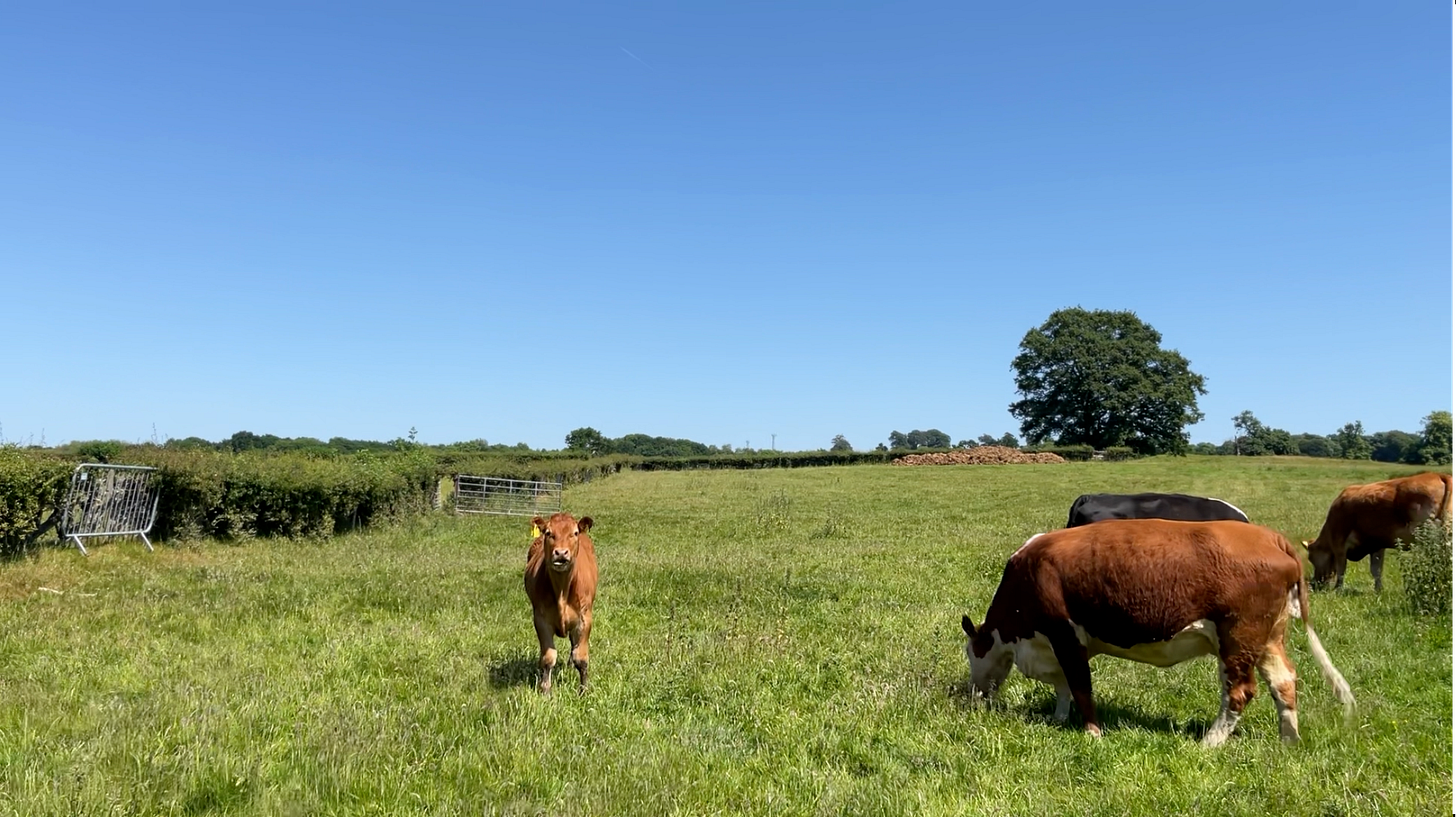The Farmers’ protests explained & are we likely to see similar protests in the UK?
Henry North reports on the likelihood of farmers protests in Europe happening in the UK.
The short answer is no, farmers are unlikely to protest in the UK. But to understand the current farmer protests—and why one could happen in the UK—there’s some important background to consider.
Background to the protests
Protests are generally a release of frustration from several factors. To start with, the European farming industry has suffered multiple external threats. The ever-present danger of global warming is beginning to reveal its sharp teeth, with unpredictable and intense weather conditions. Farming isn’t the only industry dealing with climate change, but it has borne the brunt of many extreme weather events. Last October, record rainfall in the UK destroyed crops and flooded fields, leaving them unworkable for future harvest.
Farmers have also felt the impact of the Russia–Ukraine war. Along with inflated gas and fertiliser prices, a perhaps overlooked consequence is the disruption to the global wheat supply. Russia is the world’s largest exporter of wheat, with Ukraine close behind as the fourth-largest. Together, they accounted for a quarter of the world’s wheat exports. Since the war began, supply has dropped while demand has stayed the same.
Domestic farmers have tried to pick up the slack, but wheat does not like getting too wet. Pair a crop that needs to stay dry with the increased rainfall from climate change, and the chances of failure grow. The result? Financial loss for farmers.
Protests in Europe
Protests have broken out across Europe—in the Netherlands, Germany, and France—as farmers express frustration over fuel costs and stricter green regulations. Blockades have formed around major cities like Paris and Berlin. In France, some road blockades have lasted over nine days, and demonstrations are likely to continue.
Henri Haquin, 43, a farmer from Brégy, France, told the Telegraph while blockading the A1 motorway near Paris:
“We to go back on some laws that we find completely ridiculous and inapplicable and creating for us some problems with the external competition.
Laws are coming from the European Union, and we are making them worse in France.”
One such law may be the regulation limiting the number of cattle per field, introduced to reduce methane emissions. Methane is a potent greenhouse gas that contributes to global warming. As Mr Haquin suggested, having fewer cattle per field reduces European farmers’ competitiveness. To earn the same income under these new regulations, French farmers must raise their prices—making them vulnerable to cheaper imports from countries with looser rules.
The sustainability of cattle farming
A recent Channel 4 documentary, The Big British Beef Battle, highlighted the environmental cost of beef. However, while it focused on the British beef industry, it relied on global data rather than UK-specific statistics—a crucial distinction.
The global beef trade does produce high levels of methane and carbon dioxide. But that includes the deforestation-heavy, soy-fed, industrial South American cattle sector, and the hormone- and fertiliser-intensive American system.
In France, 80% of cattle are grass- and hay-fed. Farmers can't afford overgrazing, so the Biogenic Carbon Cycle plays a role. In short, this cycle sees grass absorb CO₂, which cattle convert into methane. That methane breaks down in the atmosphere in about 20 years—unlike emissions from fossil fuels. Similarly, 90% of UK cattle are grass- and forage-fed, resulting in a comparatively lower environmental impact.
The irony is that by capping cattle numbers to reduce methane, EU lawmakers are unintentionally pushing consumers toward imports from countries with more resource-intensive production methods—often transported long distances using fossil fuels.
Protests in the U.K
To explore the likelihood of UK farmer protests, I spoke to Richard Eardley, 57, who runs a dairy farm in Adlington, Greater Manchester. He pointed out that the EU is focusing on cutting cattle numbers, while the UK is taking a different route.
Rather than reducing livestock, the UK is investing in methane innovations. Manure—historically sprayed over fields—is being processed in newer, more sustainable ways, albeit at a cost.
“Farming has become more sustainable now,” Richard said. “We’re audited every year and we’re given a target for emissions by the milk buyer. If we don’t meet them, we lose our contract. We’re getting more efficient, and that’s good for us.”
When asked whether UK farmers might protest, he said:
“When we were in the EU, French farmers were good for British farmers—they’d protest at the drop of a hat.
It’s in their nature to protest, and the public are usually with them. But in the UK, if we protest like that, I don’t think the public would back us. I don’t think it’s in our nature.
They [the French] are more likely to get what they want through protesting—and we’re not. The only time we protested was over fuel 20 years ago, and that didn’t go down well.
We have protested over milk prices, and that’s helped make things more fair and more stable. A lot of it’s based on the cost-of-production model.”
Conclusion
While widespread protests in the UK are unlikely, differences in farming policy between the EU and UK may continue to cause friction across Europe. It’s important that the statistics behind green legislation are localised and accurate—laws made using global data can misrepresent domestic industries.
Only through collaboration between lawmakers and farmers can sustainable, fair policies be created.
Reuters reported that on 1st February, EU leaders met to discuss easing green regulations among other key issues.


